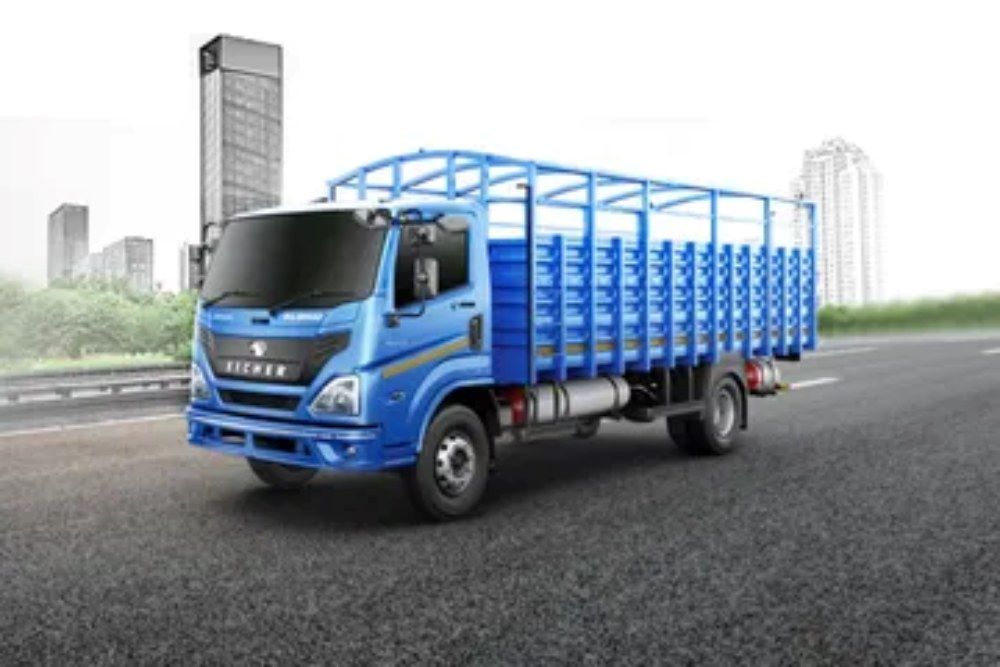I agree to the Terms & Conditions


General
General Products
Simple & Transparent! Policies that match all your insurance needs.


37K+ Reviews
7K+ Reviews
Scan to download
Life
Life Products
Digit Life is here! To help you save & secure your loved ones' future in the most simplified way.


37K+ Reviews
7K+ Reviews
Scan to download
Claims
Claims
We'll be there! Whenever and however you'll need us.


37K+ Reviews
7K+ Reviews
Scan to download
Resources
Resources
All the more reasons to feel the Digit simplicity in your life!
 Tools & Calculators
Tools & Calculators


37K+ Reviews
7K+ Reviews
Scan to download
37K+ Reviews
7K+ Reviews
 Logout
Logout
Our WhatsApp number cannot be used for calls. This is a chat only number.


2000+ Cashless
Network Garages
96% Claim
Settlement (FY23-24)
24*7 Claims
Support
I agree to the Terms & Conditions

Terms and conditions

In a world striving for sustainability and eco-friendliness, alternative fuel options have gained immense popularity. Among them, Compressed Natural Gas (CNG) trucks have emerged as a promising solution for the transportation industry.
In this article, we will explore what CNG trucks are, their importance, the advantages they bring, and their disadvantages, and delve into the fascinating world of CNG truck mileage.
CNG, or Compressed Natural Gas, is a clean-burning alternative fuel made primarily of methane. It is produced by compressing natural gas to less than 1% of the volume it occupies at standard atmospheric pressure.
CNG trucks feature engines specially designed or modified to use natural gas as a fuel source.
CNG trucks offer many advantages, making them a compelling choice for individuals, businesses, and the environment. Let's delve into some of the key advantages:

There are several disadvantages associated with using Compressed Natural Gas (CNG) in trucks:
Therefore, the adoption of CNG trucks continues to grow, particularly in regions where natural gas resources are abundant and where there is an emphasis on reducing emissions.
As technology advances and infrastructure expands, the drawbacks of CNG trucks may become less significant, making them an increasingly attractive option for the future of transportation.
Yes, there are CNG trucks in India. The adoption of CNG as a clean fuel source for commercial vehicles, including trucks like Tata Intra V20 Bi-Fuel and Mahindra Jeeto CNG, has been growing in India to address environmental concerns and reduce emissions.
Yes, there are CNG trucks in India. The adoption of CNG as a clean fuel source for commercial vehicles, including trucks like Tata Intra V20 Bi-Fuel and Mahindra Jeeto CNG, has been growing in India to address environmental concerns and reduce emissions.
The price of a CNG container truck in India can vary significantly based on factors such as brand, specifications, and optional features. Still, it generally ranges from approximately ₹13 lakhs to ₹30 lakhs or more.
The price of a CNG container truck in India can vary significantly based on factors such as brand, specifications, and optional features. Still, it generally ranges from approximately ₹13 lakhs to ₹30 lakhs or more.
The mileage of CNG trucks varies depending on the make, model, load, and driving conditions, but they typically achieve around 6.5 to 7.5 KM/KG of CNG.
The mileage of CNG trucks varies depending on the make, model, load, and driving conditions, but they typically achieve around 6.5 to 7.5 KM/KG of CNG.
In 1905, the first contemporary tank vehicles were created, and by 1910, urban areas were filled with them. While still using horses, rural areas began to use tank trucks around 1920.
In 1905, the first contemporary tank vehicles were created, and by 1910, urban areas were filled with them. While still using horses, rural areas began to use tank trucks around 1920.
Please try one more time!
Other Important Articles About Truck
Other Important Articles about Commercial Vehicle Insurance
Have queries related to Digit motor insurance policy? You can refer to our Policy Wordings for detailed information or reach out to our support team via WhatsApp self-support, email or phone using the information below:
Connect with our self-serve chat bot support - 7026061234
Write to us at hello@godigit.com
Contact
Call us on 1800-258-5956
Other Motor Insurance Plans and Guides
Currently there are no news to show.
Read More
Renew & Download Policy Document, Check Challan, Credit Score, PUC & more
Anytime, Anywhere. Only on Digit App!

4.7
Rated App56K+ Reviews
4.7
Rated App
56K+ Reviews
4.3
Rated App11K+ Reviews
4.3
Rated App
11K+ Reviews
Scan to Download


Author: Team Digit
Last updated: 07-04-2025
CIN: L66010PN2016PLC167410, IRDAI Reg. No. 158.
Go Digit General Insurance Limited | Corporate Office Address: Atlantis, 95, 4th B Cross Road, Koramangala Industrial Layout, 5th Block, Bengaluru 560095 | Registered Office Address: 1 to 6 floors, Ananta One (AR One), Pride Hotel Lane, Narveer Tanaji Wadi, Shivaji Nagar, Pune-411005, Maharashtra | Trade logo of Go Digit General Insurance Ltd. displayed above belongs to Go Digit lnfoworks Services Private Limited and is provided and used by Go Digit General Insurance Ltd. under license.
Explore exclusive features, file claims & access policy on Digit App!
You can also scan this QR code to download the App.
